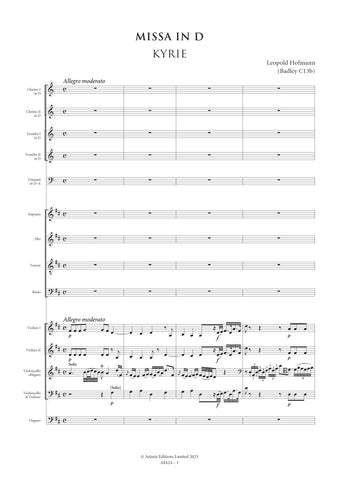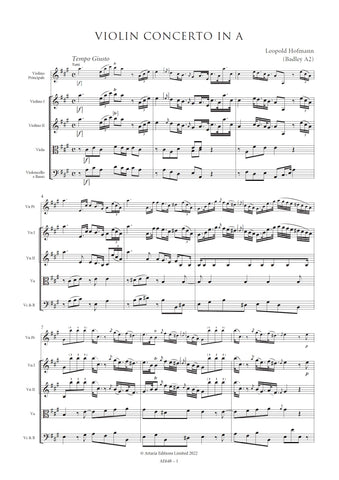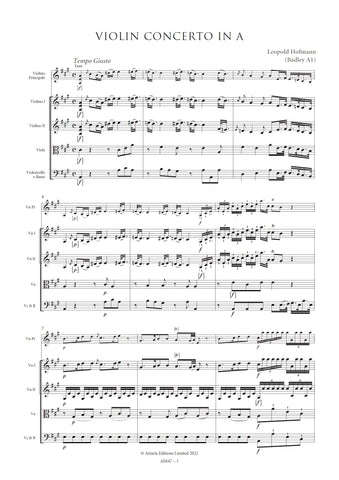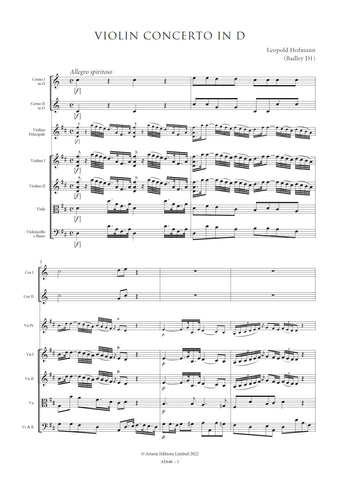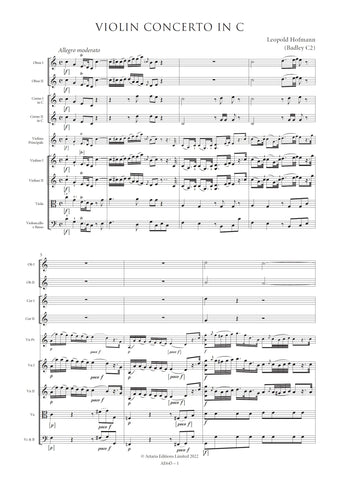Hofmann, Leopold: Oboe Concerto in G major (Badley G1) (AE069) – sheet music
Previous Product Next Product
Description |
Hofmann, Leopold (1738-1793)
|
||||||||||||||||||||
Audio sample |
|||||||||||||||||||||
Details |
The present concerto was probably composed in the 1770s and no later than 1780, the year Hofmusikus Franz Xaver Frall, the owner of the manuscript upon which this edition is based, died. Frall was an oboist at the Oettingen-Wallerstein court which was noted for its fine wind music. An inventory of his property, made at the time of his death, lists two concertos by Leopold Hofmann both of which are preserved in the Oettingen-Wallerstein'sche Hofbibliothek at Schlo Harburg. The wrapper for the G major Concerto reads: " No.17 / Concerto Oboe Solo / Violin Primo / Violino Secundo / Due Corni Viola / e / Basso / Del Sigl: Hoffmann ". A second copy of the work, formerly owned by the famous eighteenth-century oboist Joseph Triebensee, survives in the Schwarzenberg archives at Cesky-Krumlov; it too appears to date from the 1770s. Hofmann reused the central Adagio in another work (Badley C3) of which a single copy and a two-movement torso are extant. In the absence of both the autograph score and an authentic set of parts, this edition presents as faithfully as possible the intentions of the composer as transmitted in the source. As is usual in Hofmann's concertos there are no dynamic markings in the solo sections; these are left to the discretion and good taste of the performer. The style and notation of articulation and dynamic markings have been standardised throughout, and, where missing from the source, reconstructed from parallel passages. These are indicated by the use of dotted slurs or brackets. Like most eighteenthcentury sources, the present manuscript is very inconsistent in its notation of appoggiature ; these too have been standardised to minimise confusion. Obvious wrong notes have been corrected without comment; editorial emendations with no authority from the source are placed within brackets. Allan Badley |




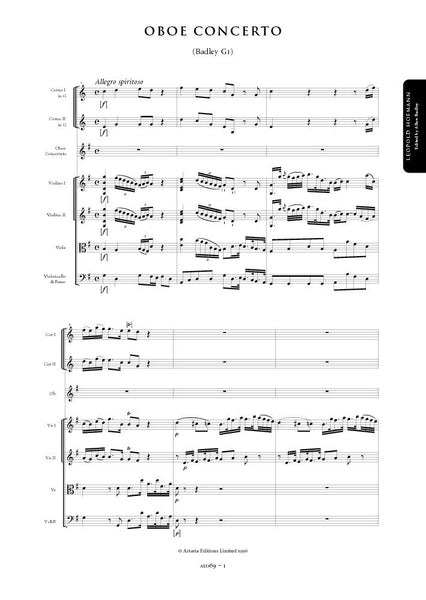
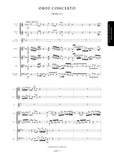
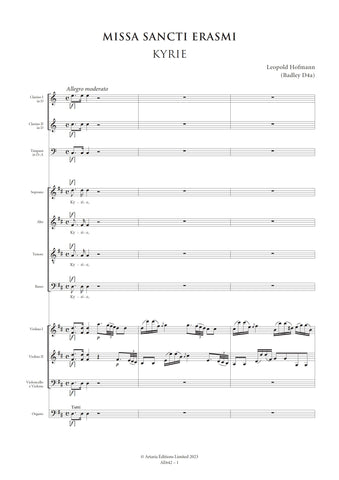

![Hofmann, Leopold: Missa Sancti Erasmi (Badley D4a) [Vocal Score] (AE642/VS)](http://www.artaria.com/cdn/shop/files/ae642vs_1stpage_large.jpg?v=1697798128)
![Hofmann, Leopold: Missa in D (Badley C13b) [Vocal Score] (AE624/VS)](http://www.artaria.com/cdn/shop/files/ae624vs_1stpage_large.jpg?v=1697794050)
